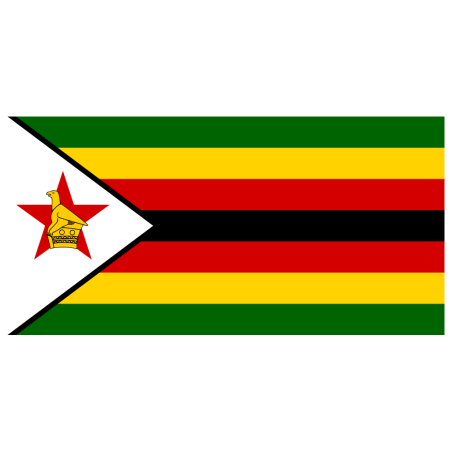Is mobile money harming or aiding Zimbabwe's economy

Mobile money and other digital finance platforms might have proven to be highly useful in Zimbabwe, but they have also become major drivers of hyper-inflation, according to some experts.
This is forcing a rethink back to cash, still largely seen as the king of transactions settlement, especially in the Zimbabwean and broader African context.
EcoCash, powered by Econet Wireless, is the dominant mobile money platform in Zimbabwe, although Telecash and One Money have also been upping the competition. But then cash is in short supply in Zimbabwe, a country that continues to suffer under a financial sector crisis.
The public accountants and auditing committee recently gave the green light for listed companies to apply hyper-inflationary principles for financial reporting purpose. This is the first such official confirmation of Zimbabwe reverting to hyper-inflation which ravaged the economy before abandonment of the local unit in 2009.
The hyper-inflationary situation in Zimbabwe has given rise to multi-tier pricing, higher prices for payment through mobile money and relatively lower prices for cash.
“Mobile money is again in the spotlight of controversy (in Zimbabwe). The main charge: in an inflationary environment, a tiered currency system exacerbates currency devaluation,” said experts at digital finance advisory firm, Mondato.
Mobile money has caused headaches for Zimbabwean monetary authorities, especially after some agents started “illegally” selling cash, whereby mobile wallet holders would only get about 50 percent of their balances in cash. This effectively means that the agents were imposing a 50 percent premium on cash, which is in short supply even at the banks.
Yet there is also a thinking among experts that mobile money could be used to address the cash shortages in Zimbabwe through deepening merchant payments.
“Evidence from the current crisis in Zimbabwe suggests that merchant transactions based on mobile money are only being driven higher by the widespread dearth of cash. The latest figures from regulatory body Potraz show that bulk payments and merchant payments constituted the largest share of all mobile money transaction value in Zimbabwe,” added Mondato in an insight note released at the weekend.
The Reserve Bank of Zimbabwe said it would print more Zimdollar notes to address the gap, but it is feared that this could drive hyper-inflation further. This appears to be a priority for Finance Minister Mthuli Ncube who is readying up his 2020 budget statement.
Philip Haslam, a digital finance expert with Zimbocash, a blockchain platform seeking to revolutionise the way Zimbabweans settle transactions, – said “the fires of hyper-inflation are burning” in Zimbabwe.
“Prices are rising on a daily basis – and those on fixed incomes (most people) are becoming completely impoverished. Most of the money in Zimbabwe is digital money via EcoCash/OneMoney,” he said. “What is happening is that the electronic money is being increased substantially,” said Haslam
SOURCE: .iol.co.za
 Africas leading resource for digital financial services
Africas leading resource for digital financial services


comments